In a recent talk on the Free Range American podcast, hunter, biologist, and filmmaker Donnie Vincent talked about a mountain lion he’d arrowed in British Columbia and how much everyone in camp had loved the meat from the big cat.
“We’d cook a bunch of it with plans of sitting down and having lunch together, right? And people would just finger-food it, and it would just disappear by the time it got to the table,” Vincent said. “It was one of the finest wild game meats I’ve ever eaten in my life. It was unbelievable.”
But if you go by what old-time hunter wisdom says, mountain lions are supposed to be lousy meat. You hear this about a lot of animals that aren’t prey animals, so to speak, or typical game animals hunted for meat. Anglers have their version of this, too, with so-called “trash fish” that are used for purposes other than eating.
“I’ve always heard that the [mountain lion] meat isn’t very good. My great uncle used to hunt cougar a lot, and he used to feed the meat to his dogs,” said FRA’s Evan Hafer. “That’s how it was. We give them the bear and the cougar, we don’t eat any of that.”
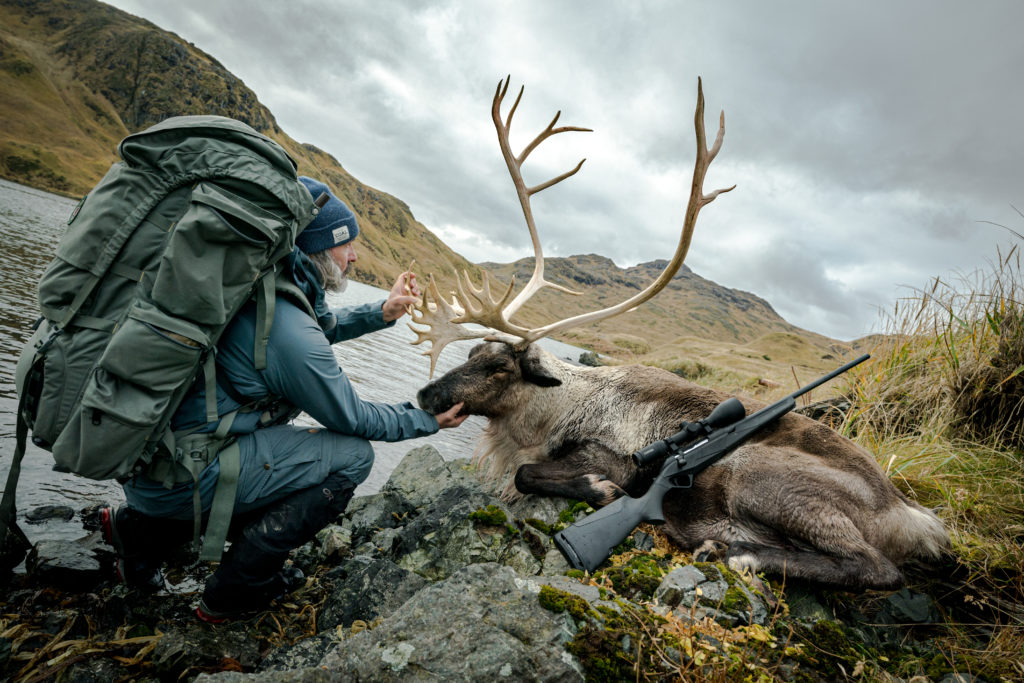
Vincent said he’s heard much of the same for most of his life.
“That’s the old-school way, and I can’t tell you how many times I’ve had guys tell me, ‘Oh, you can’t eat snow geese.’ You know, they’re fantastic,” Vincent said. “Oh and, ‘Did you kill that caribou during the rut? Oh, you can’t eat caribou during the rut, they’ll taste like urine.’ They taste absolutely fantastic. Moose, deer, everything — I haven’t run into something yet that has been inedible.”
Hafer posited that it might have been a lack of knowledge about how to process different types of game meats, and that the processing of food is always important, whether it’s meat or vegetables. Some plants or vegetables can be plucked right from the earth and eaten immediately, but some need preparation, especially if you want them to taste good.
“People always say, ‘This meat isn’t very good.’ You’ll hear that summary: ‘It’s not very good.’ I would say 90% of those people probably haven’t ever tried the meat in question when they say that. They’re just perpetuating something they’ve heard,” Hafer said. “And then, what was the preparation of said meat? Because if you take chard out of your garden and you take a big bite out of it, it’s not very good. But if you blanch it, throw some olive oil on it, and a little bit of sea salt, it’s pretty damn good.”
Hafer then questioned how many people in previous generations actually knew how to prepare some types of wild game correctly, when cooking was far more of a chore than it is today and few people had the time to really enjoy it or find specific ingredients. Often they cooked it the same way the would cook beef or pork. Hafer said whenever he was fed moose as a child, it was always breaded and fried in butter.
“That’s funny,” Vincent said, “because whenever we ate venison growing up — my mother is a terrible cook. My father is a terrible hunter. So it wasn’t often right and was never what he killed. It was always something that a friend of his gave him — but we’d always bread it in flour with salt and pepper, and then my mom would, you know, burn it in grease and butter.”
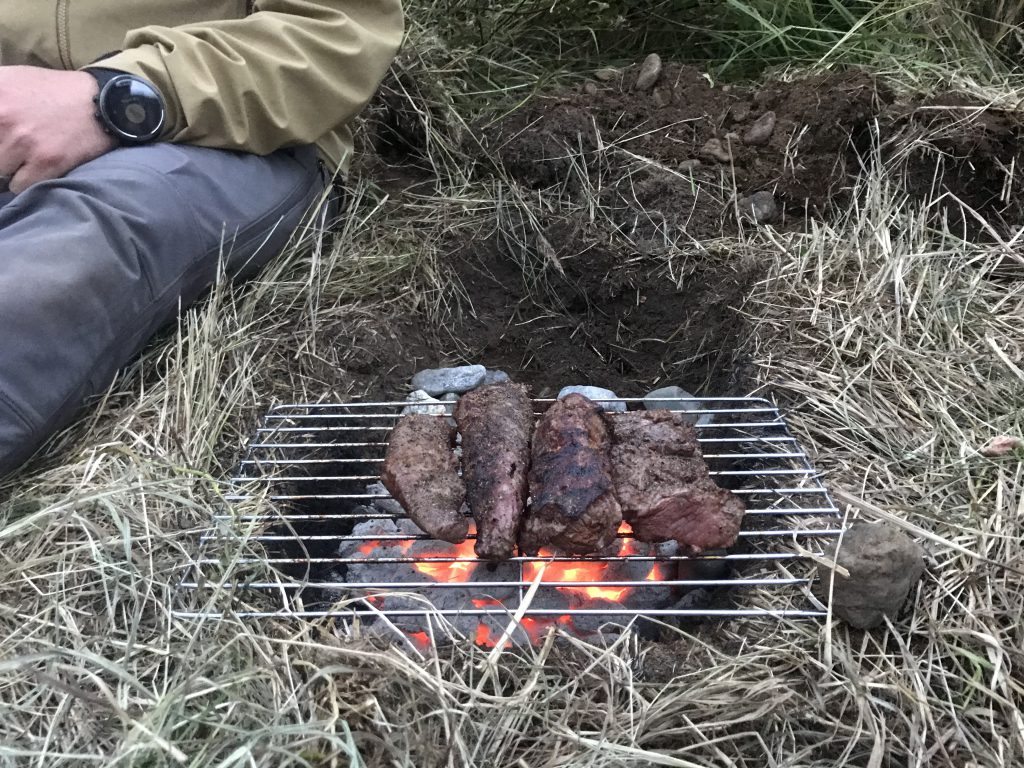
Vincent then recalled that when he killed his first black bear and started to take the meat, the other hunters he was with told him it would be no good.
“They said, ‘Oh, it’s been eating rotten salmon’ and ‘they have worms’ and ‘they’re not edible.’ I fell for it. And it wasn’t very fulfilling. I’ve never considered myself a trophy hunter, and this was when I first started hunting. Now I’m leaving with just the skin and the skull, and it wasn’t very fulfilling at all because the idea of eating the animal is very much a part of what I believed in. It just made sense to me,” Vincent said. “One time, I bit the bullet, and you kind of do it secretly, but I took some bear meat and put it in a pan and prepared it for myself. And it was phenomenal. Phenomenal smell, and I thought, ‘You freakin’ guys.’
“So a couple years ago, I was hunting with a friend of mine and I said, ‘Hey, we’re going to eat these bears.’ And he thought it was funny the whole time, like, ‘You don’t really want to eat these bears, man. They’re covered in worms, trichinosis,’ you know, and he’s making this scrunchie face the whole time like he’s grossed out.
“The bear he ended up killing was like 15 or 17 years old. So I said, ‘Save me some of the meat from it because I will prepare it for dinner.’ And he saved it. It was really funny because he put it in a freezer, and when he pulled it out, it was in a trash bag and it was yellow and stinky and slimy. He’s like, ‘I’m telling you, we’re not going to eat it.’
“We cooked that bear quarter for dinner, and it went so damn fast your head would spin. This is an animal that shouldn’t taste good, by all conventional wisdom. It’s been eating rotten fish for the past three months, it’s been eating things that have tapeworms in it, it very likely has trichinosis in its flesh, but you just have to cook it to a certain temperature and it’s fine.
“All the odds were stacked against it. But we cooked it, we prepared it well, and we fed it to him — a guy who has been guiding bears — we fed it to him and all of a sudden — I just talked to him last spring — all of a sudden none of his bears get left in the forest. He takes them all.”
Read Next: Man Versus Mountain Lion: A Near Deadly Attack Caught on Video

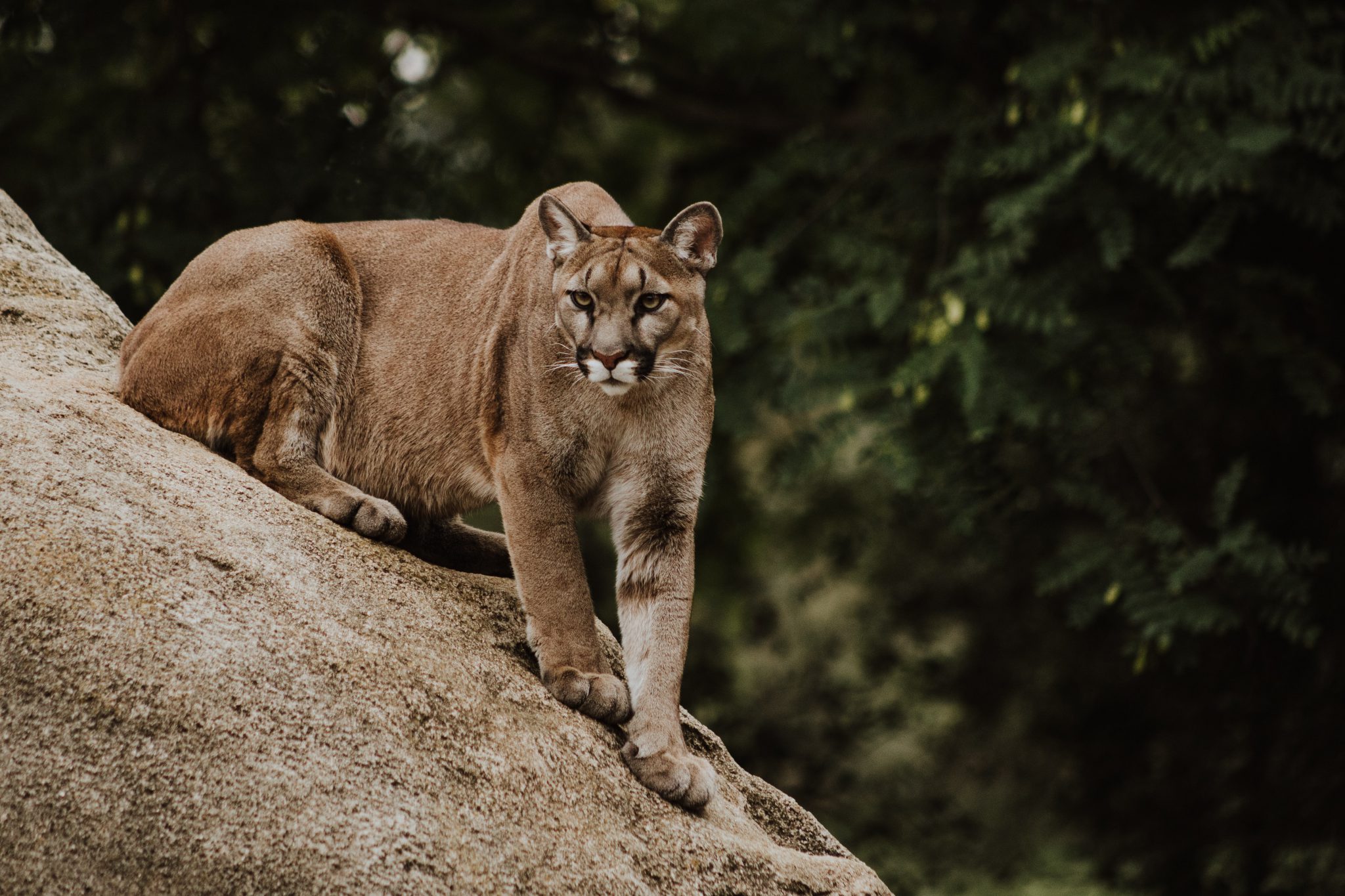
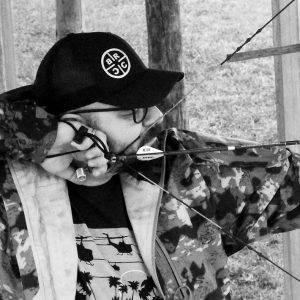
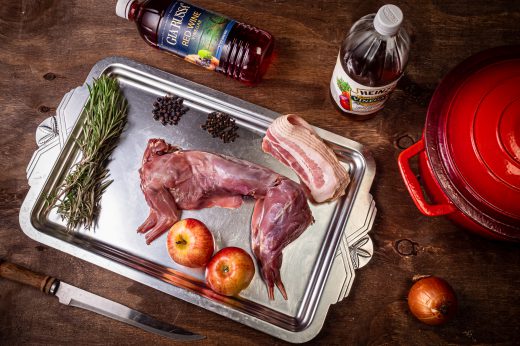
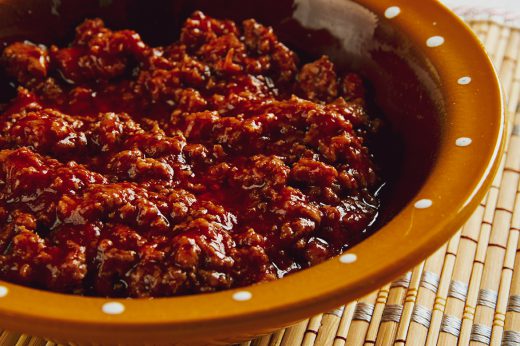
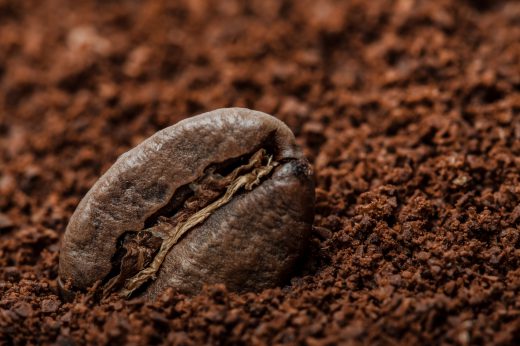


Greg says
I’ve eaten mountain lion two times, when I was cooking in amazing kitchens in Breckenridge, CO. And my friend was a chef, that got big game at his exclusive restaurant. We prepared it together it was very lean, and felt as if it didn’t want to be eaten. I had almost religious like experiences eating it, with very vivid dreams seeing throughs the eyes of the mountain lion as it traveled through the forest stalking prey. And afterwards, high in the mountains of Colorado could feel the eyes of mountain lions watching me, and felt and feel a spiritual connection with this beautiful life force.